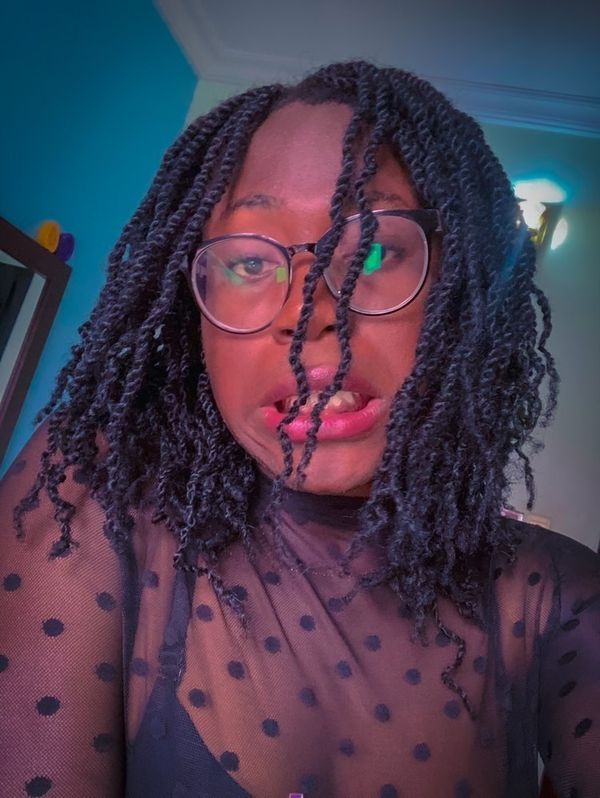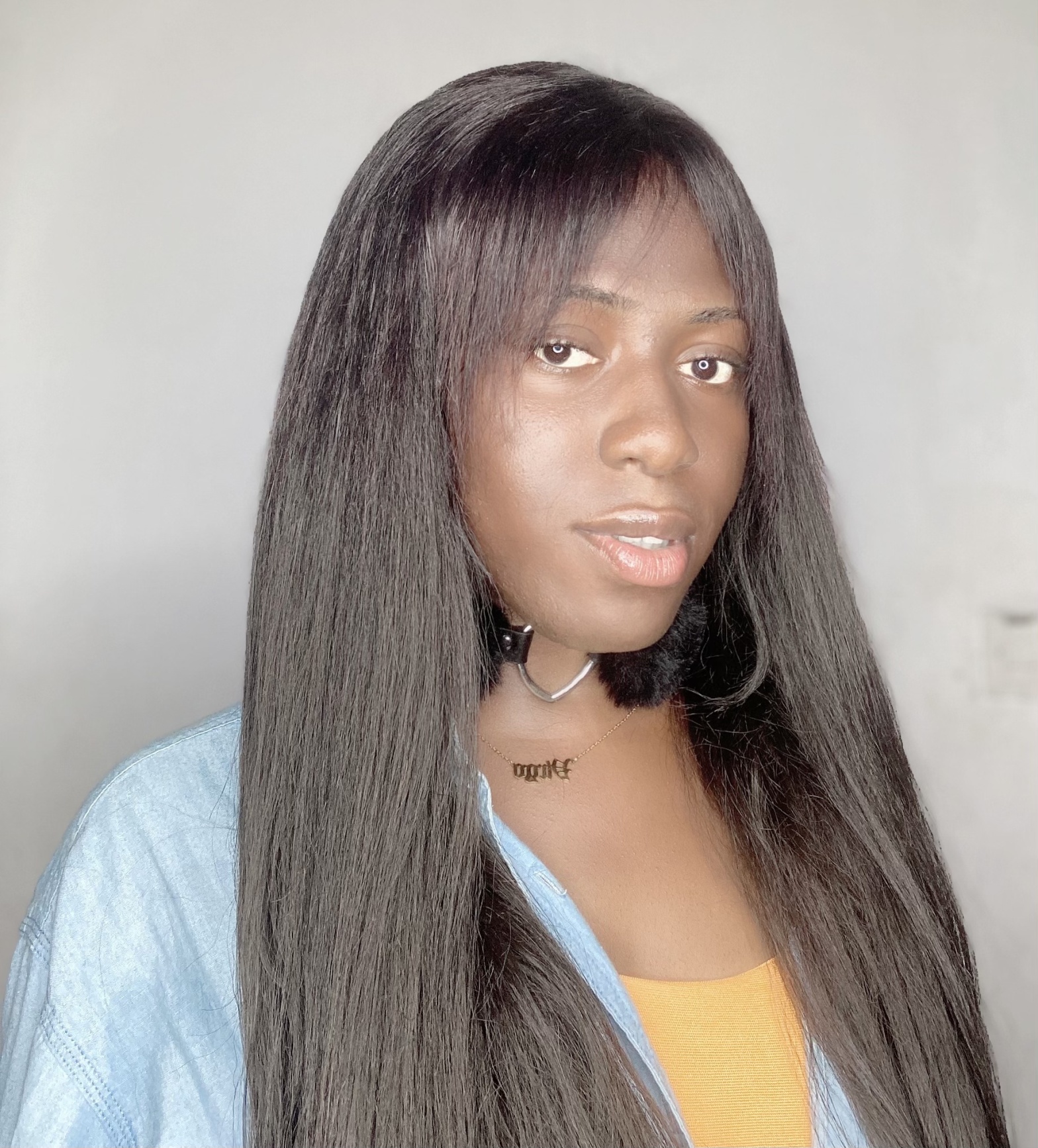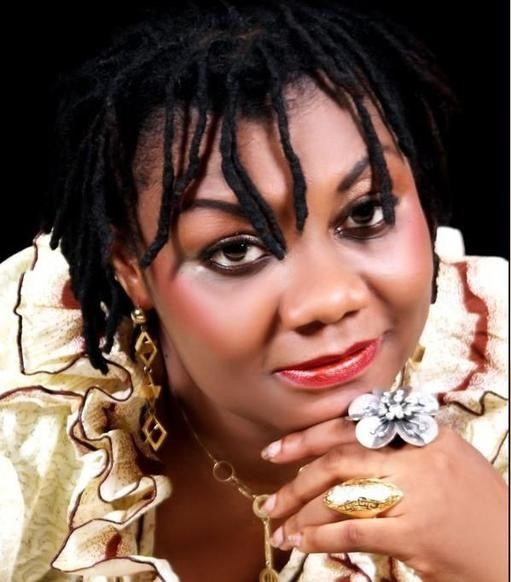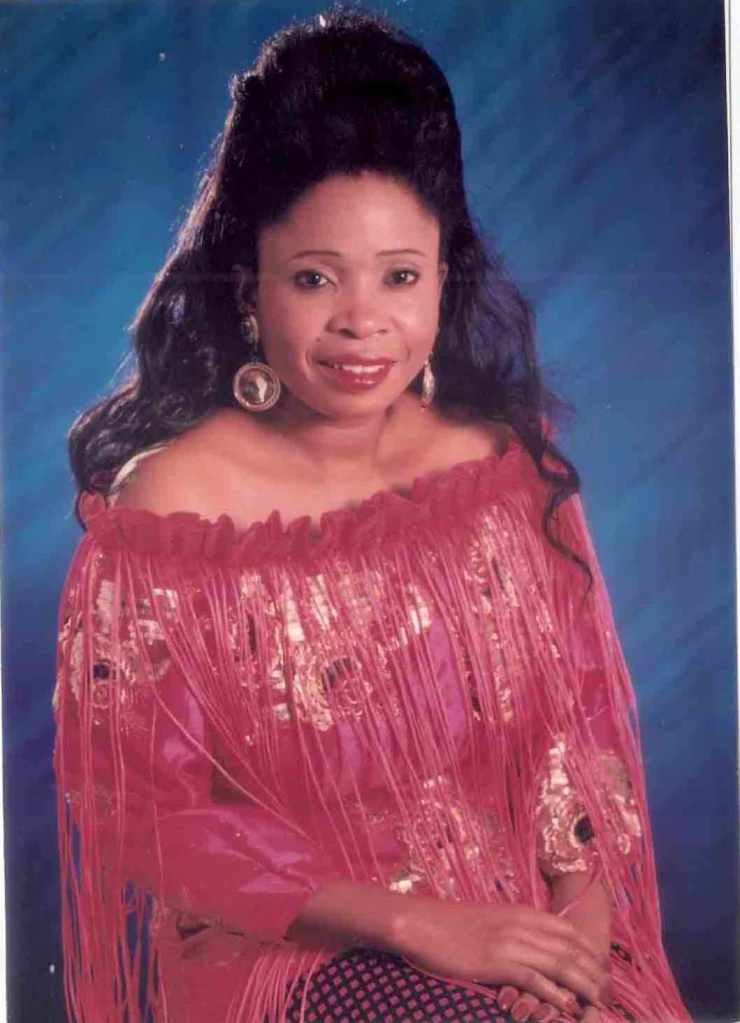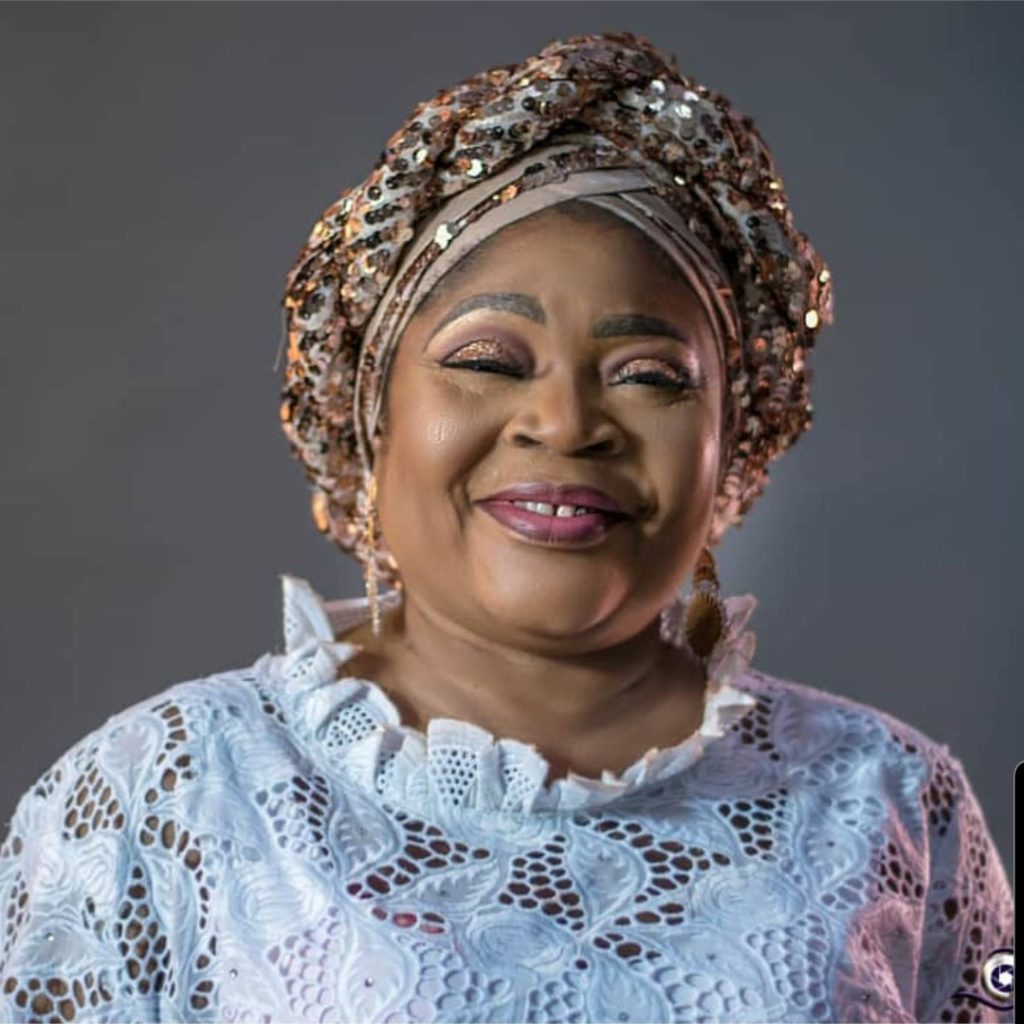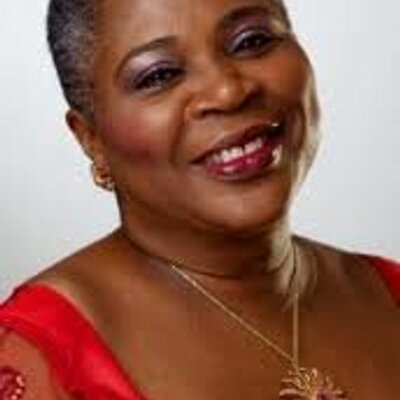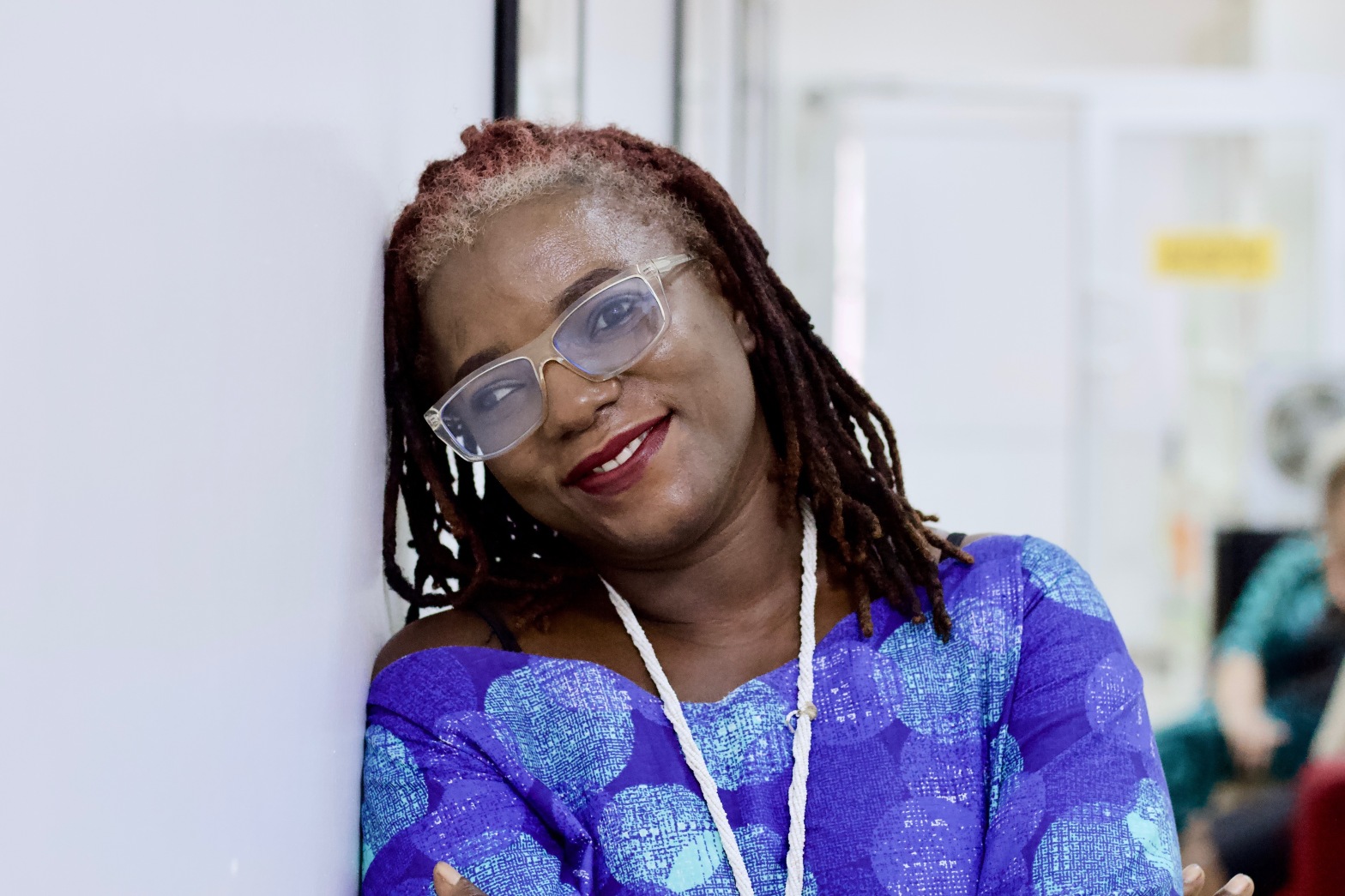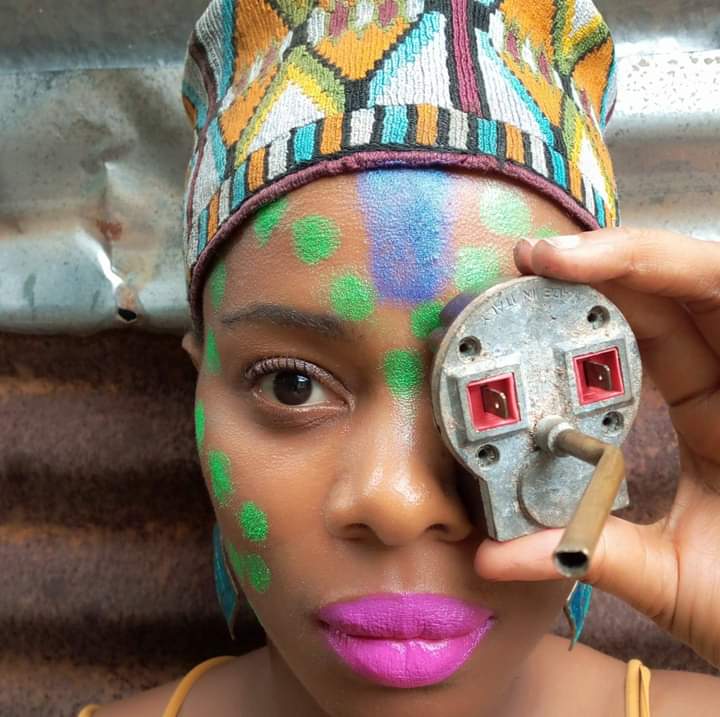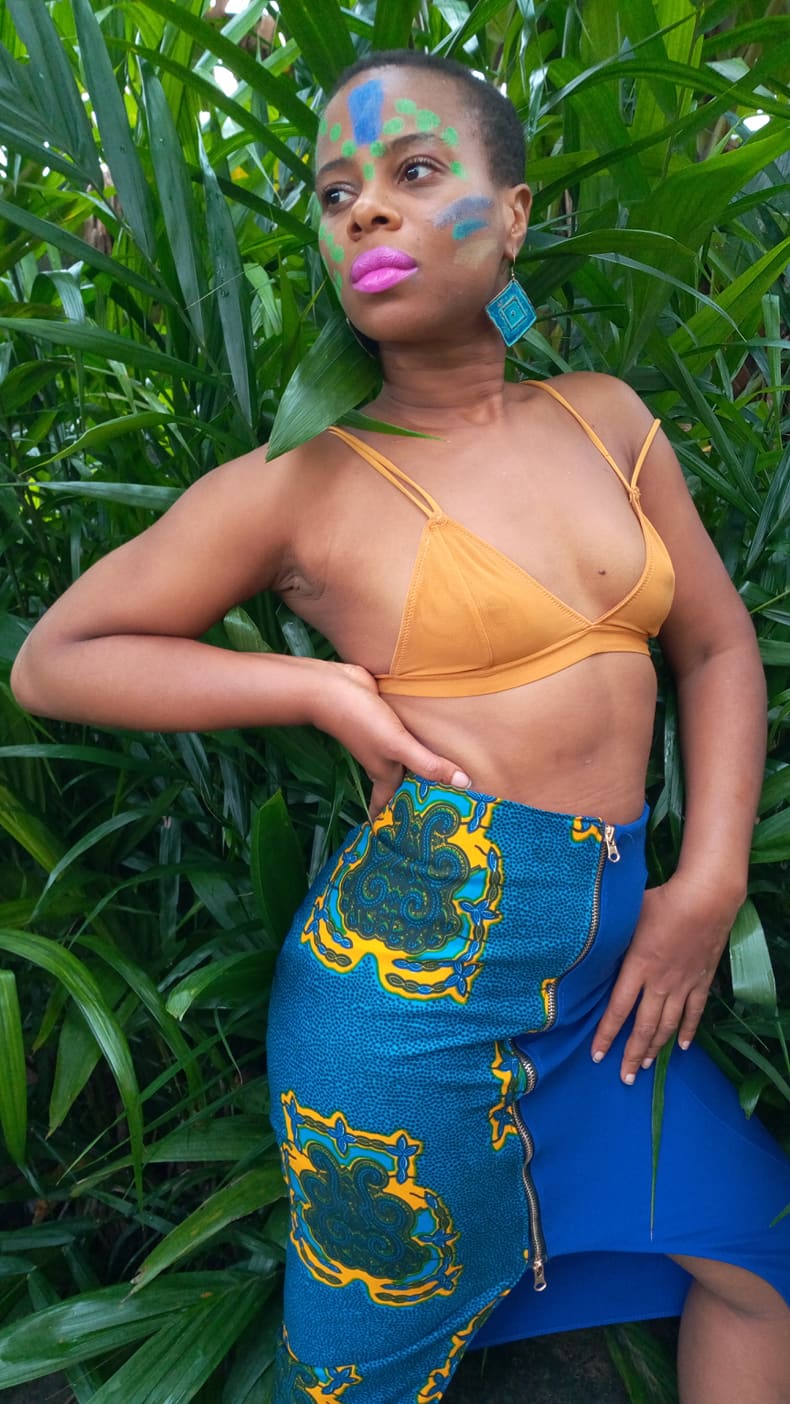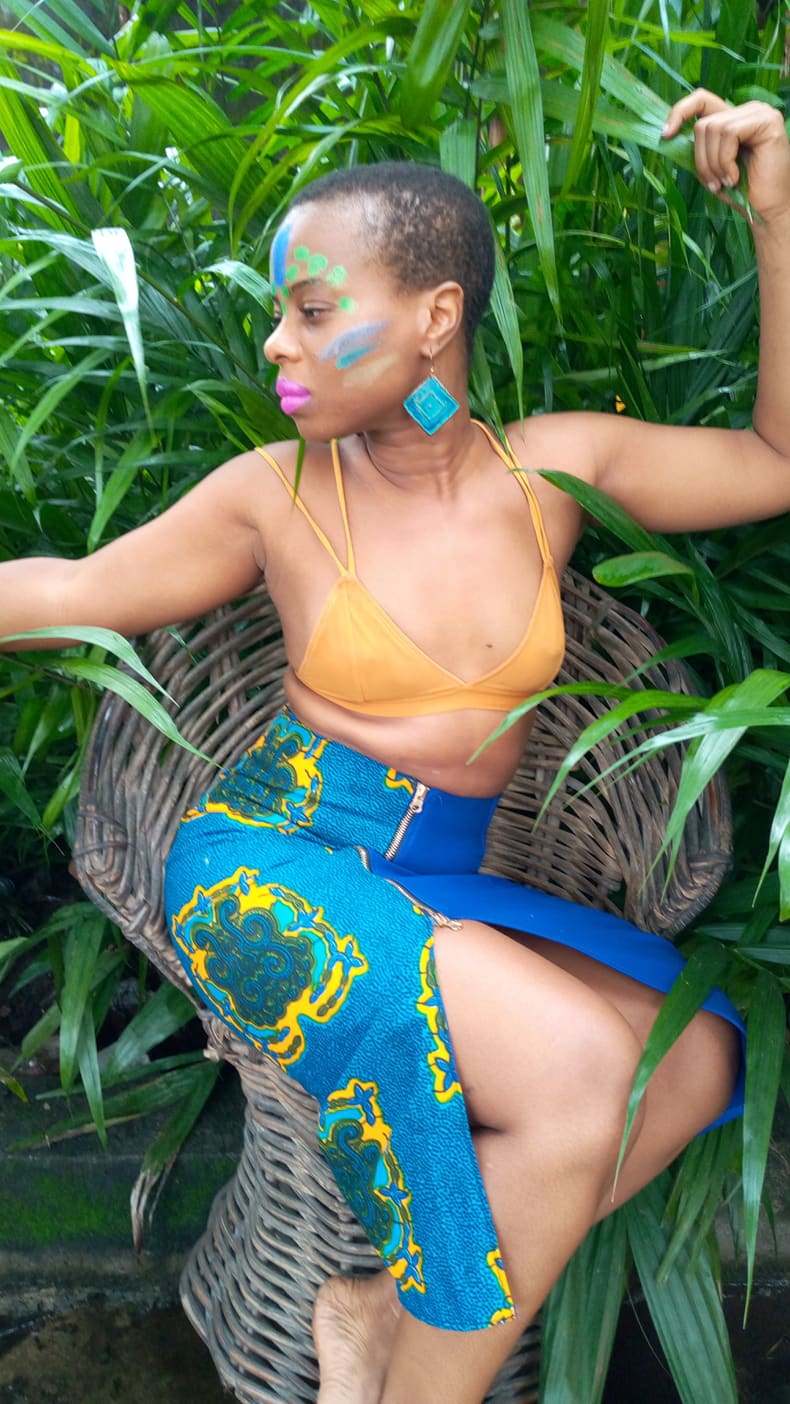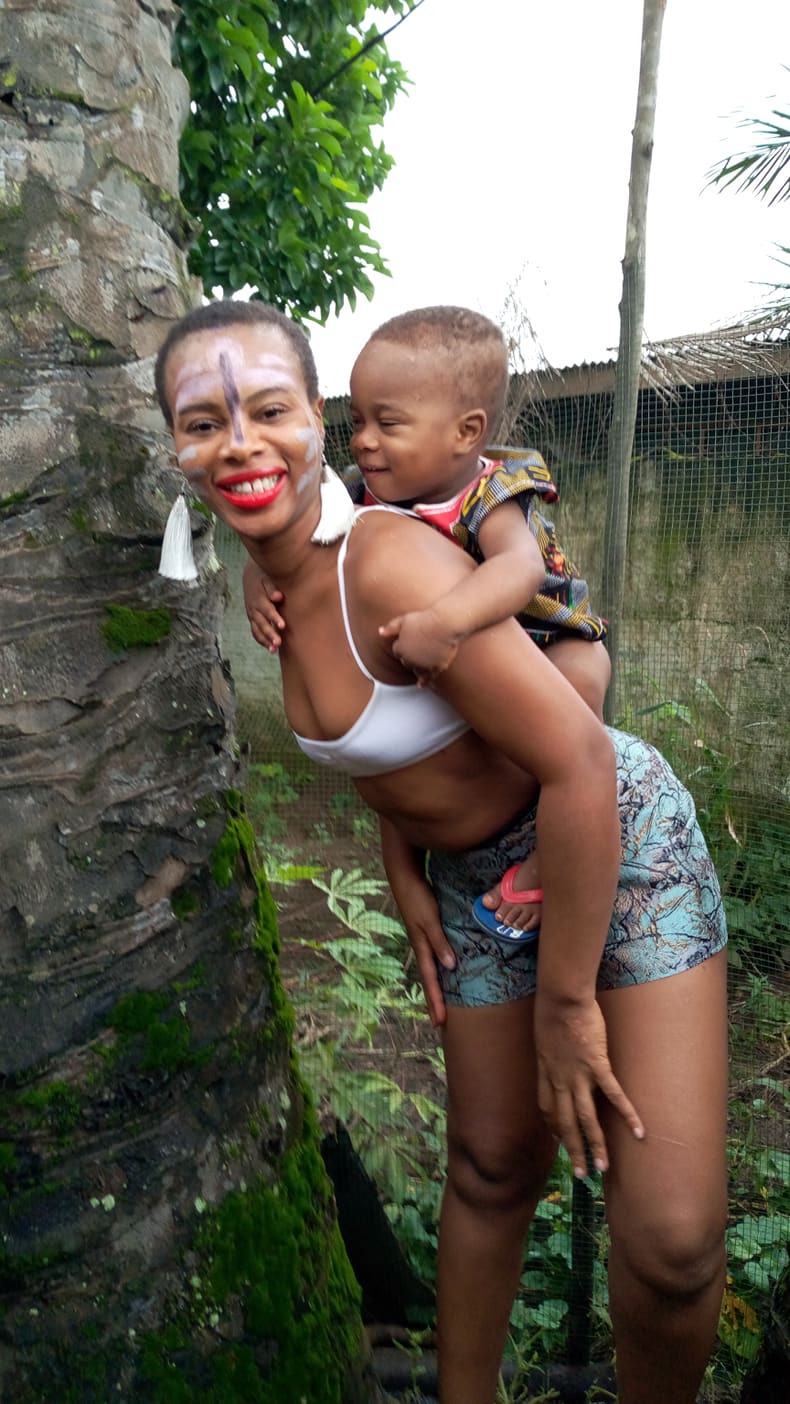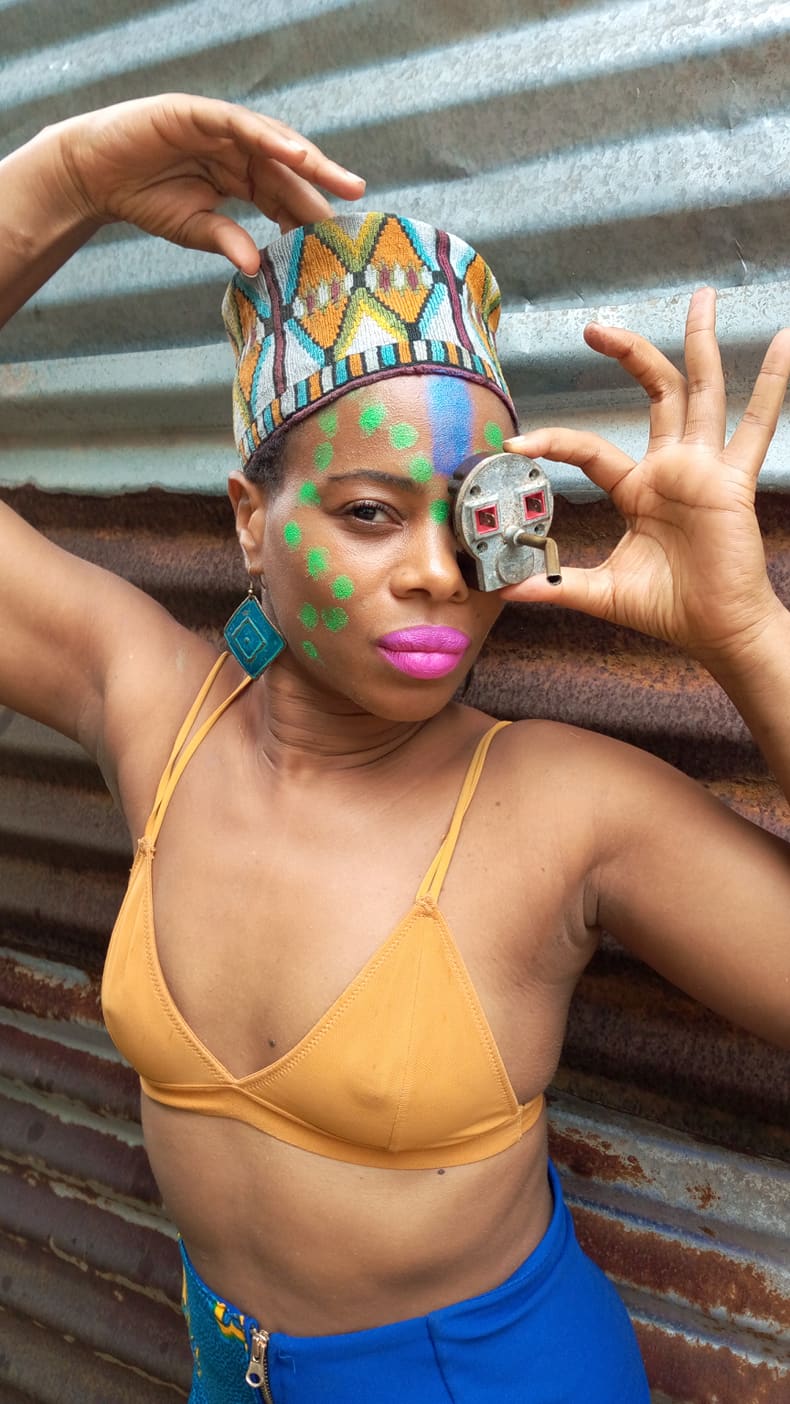Upon hearing the news of childbirth, the first question many Nigerians ask is, “Is the baby girl or boy?” They rarely consider an in-between or neither, because infants are automatically assigned the gender that matches their sex, expected to identify as this and perform its roles as they grow.
Gender identity is the personal conception of one’s own gender. Although the most common gender identities in the world are boy/man and girl/woman, there are more identities than this binary category covers. Some people grow up to continue identifying as the gender that correlates with their assigned sex, and are called cisgender. Others choose a gender identity different from their assigned sex, and are called transgender. There are people who do not identify as either of the binary, and are referred to as genderqueer or non-binary.
While a doctor can determine and pronounce a baby’s sex, it ought to be up to that child to decide its gender identity as it grows, knows itself intimately, interacts with the world, and discovers different ways it wants to express itself.
In a Nigerian society where gender roles are nearly enforced on individuals right from childhood, there is little to no space for people of a perceived gender to behave contrary to the stereotypes attributed to that gender. Gender expressions are determined by and restricted to sociocultural expectations of what a girl, boy, woman, and man should be; an attempt to step outside of these boxes is attracting an unpleasant attention to oneself.
Despite the laws and hostility hindering the freedom of queer people in Nigeria, some of them are stepping out of the closet regardless and are at their most authentic in safe spaces. Findmymethod.org provides such a safe space for people of all gender identities to interact on their forum from anywhere in the world.
To document experiences of genderqueer Nigerians, I spoke to four of them and asked what it means to identify differently from the conventional gender binary.
Xaron, 18
My pronouns are he/him/they/them. I am a writer, curator, and medical student at a Nigerian university.
I was assigned the boy gender at birth, but I came out as a non-binary in my second year at the University. I have a community of people who support and give me the opportunity to express myself as a queer person and creative, especially in relation to my gender identity. I have only come out to my brother and friends for now, and the reception is encouraging. I haven’t come out to the rest of my family because I’m not sure what their reaction will be- and more importantly, how it will affect me at this point.
I have felt gender dysphoria for the longest time- in my former schools, at home with my parents and in any situation where I had to socialize. I noticed that anytime I was in a social setting, the internal conflict between whom I was supposed to be (a cis boy/man) and who I really felt like inside heightened. In dealing with this, I secluded myself.
Gender identity is a very sensitive and personal issue for people all over the world. And that’s good; I think it’s important that people are being intentional about how the world sees them and how they choose to interact with the world.
The challenges I face as a nonbinary person living in Nigeria are multifaceted; it is hard educating people on my gender identity and the use of my pronouns because not many people understand that here.
Dams, 24
My pronouns are she/her/they/them, but I have been more open to the use of he/him recently.
My pronouns are she/her/they/them, but I have been more open to the use of he/him recently.
I’m Nigerian-American, born and raised on Long Island, New York. I’m a recent college grad who is currently exploring coding and music production.
I was assigned the girl gender at birth, but I’ve always been a bit masculine. After my first breakup, I went through a rough patch where I looked back and couldn’t recognize myself. I didn’t feel like whom I wanted to be, so I reached out to other more masculine presenting and non-binary people and realized I fit better with them. While I was connecting with these people, I ended up with a lot of friends who wanted to or were transitioning. I was confused about whether being masculine meant I was expected to transition or if I was supposed to hate feminine parts of myself.
After shaving my head, I realized I didn’t have to change anything. Somewhere in the process, I realized I can love having a fade and big tits. I can be muscular and wear nail polish. I can shop in the men’s department and wear makeup.
Some of my friends and family know about my gender change, while others don’t. They may not accept it or have a hard time accepting it when they find out, but I don’t care.
Z, 21
I’m comfortable with any pronouns. I use she/her/they/them/he/him, depending on the setting.
I love writing, cooking, fashion, agriculture, dance, and have taken an interest in photography lately.
I think gender identity is deeply complex, and believe the stereotypical binary is woefully, laughably inadequate.
I have been genderqueer since I was little. I was often mistaken for a boy, probably because I never made my hair. This stopped when I entered puberty, but I never quite felt like the woman/girl tag was the entirety of my existence. It took some time to find the gender identity I felt comfortable with, and it took about a year for me to get used to using it publicly — as publicly as I can, at least.
I’m yet to come out to my family, but I plan to before I hit 25. My mother and siblings will be surprised, but not too shocked. I’m pretty vocal about my opinions about the LGBTQ+ community.
Being a non-binary Nigerian living in Nigeria feels like I’ve been locked inside a tiny, stuffy closet.
Grey, 22
I was assigned the boy gender at birth, but my pronouns are they/them.
When I came out as non-binary, it finally felt like the right time to admit that I did not feel like the gender I was assigned at birth. My friends have been supportive since I did.
My gender change necessitated name change, and it gave a feeling of transformation; a sort of reclaiming. Ultimately, the goal is to transcend gender.
Originally published at http://nimisire.wordpress.com on September 23, 2020.
Emitomo Tobi Nimisire is a writer, sexual reproductive health and rights (SRHR) consultant, feminist researcher, and a communications strategist. She is a Young African Leaders Initiative (YALI), Common Purpose and Margaret Ekpo Youth Fellow, and ONE Champion. Nimisire applies an intersectional approach to analysing and proposing solutions to developmental issues and implementing sustainable solutions to them. She is committed to working on and creating programmes and projects that improve the quality of human lives.


